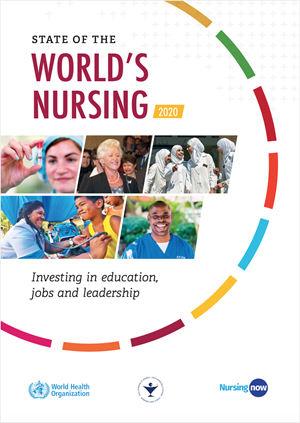Milan has gone completely quiet,” says Valentina Tommasi, an Italian nurse and professor. “There is no traffic, no people in the city.” But inside Milan’s hospitals, there are more people than ever thought possible including hundreds of nurses like Valentina, caring for patients critically ill with COVID19.
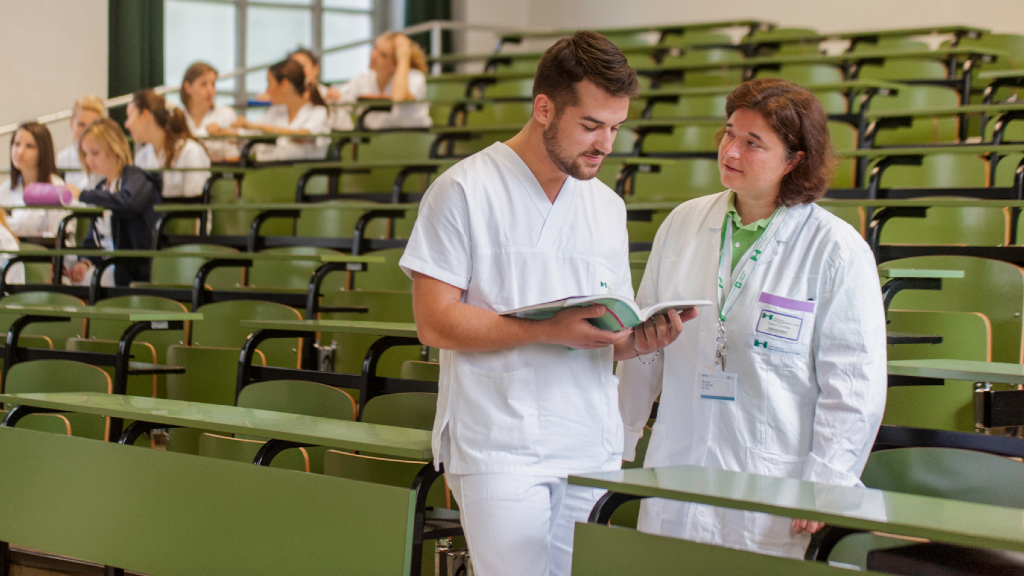
Valentina is helping to organize beds in the mornings, and in the afternoons, she’s teaching nurses online. “We need nurses to continue their education and graduate, because right now, we need nurses to work on COVID19.” Within days of graduation, her students are donning protective masks and gowns.
“We must continue with our work,” says Valentina. “We are strong in this situation.”
That’s the message received from dozens of nurses and midwives all over the world this past week. While each has their own experience, they were united in their resolve to do everything in their power to help learn more about and mitigate COVID19.
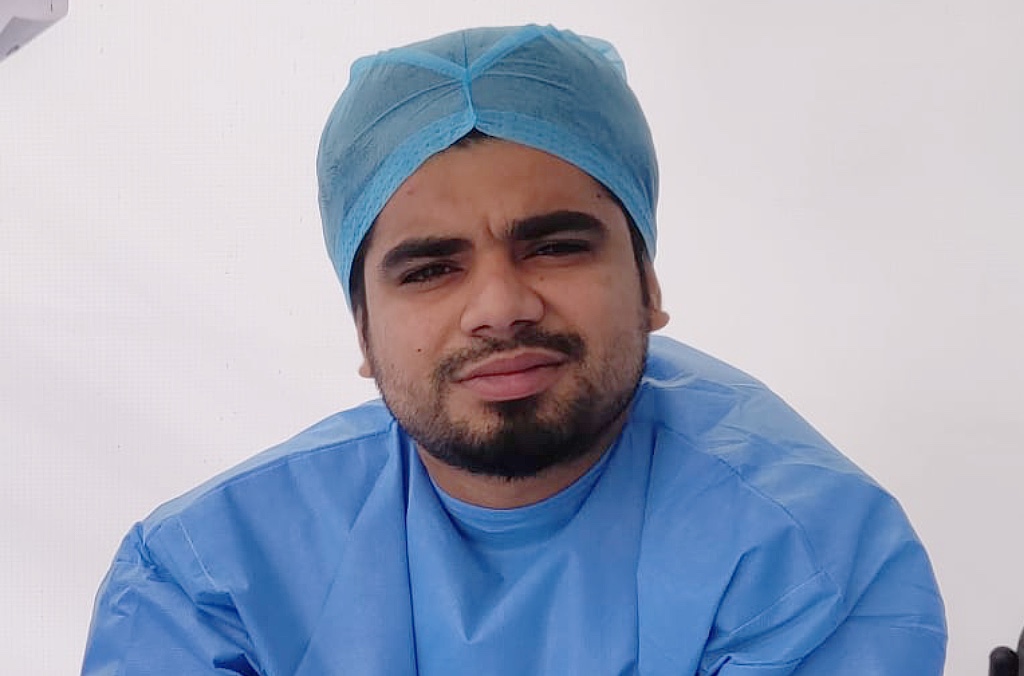
Nurses are reorganizing wards to open more beds for COVID19 patients, while keeping others, including women in labour, safe. They’re taking stock of equipment and lending it across units. They’re learning on the job with information that
changes daily – even hourly. In Delhi, where COVID19 cases on the rise, nurse Ajo Jose has been preparing educational videos, teaching nurses to safely wear one protective mask all day, without scarring their own faces.
“We are motivated,” says Ajo. “If we don’t do this right now, there may not be another chance.”
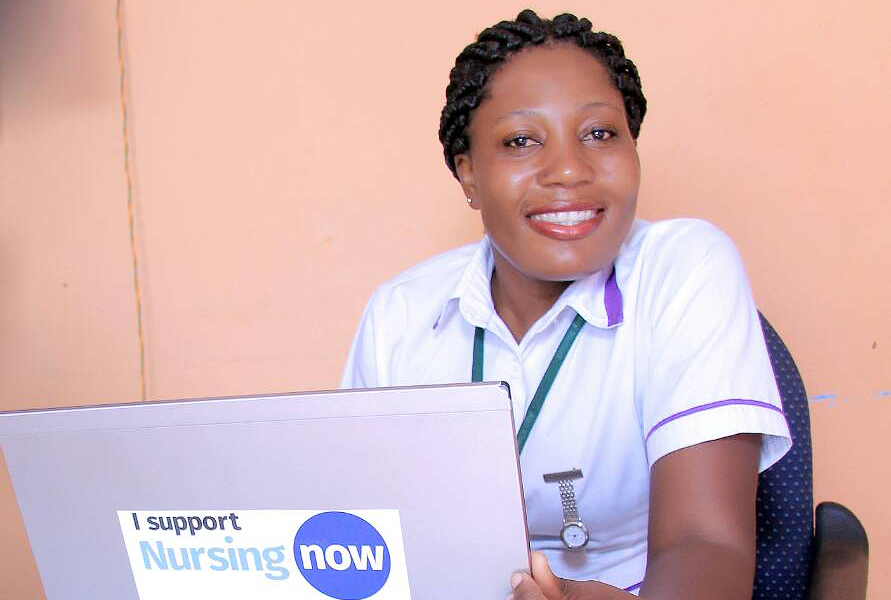
In Uganda, midwife Harriet Nayiga is staying in touch with her young clients – vulnerable young women she normally counsels on their sexual and reproductive health and rights. Now, they must all stay home. She is texting and calling those who
have a phone, “to keep them informed and safe.” She worries for those who she can’t reach.
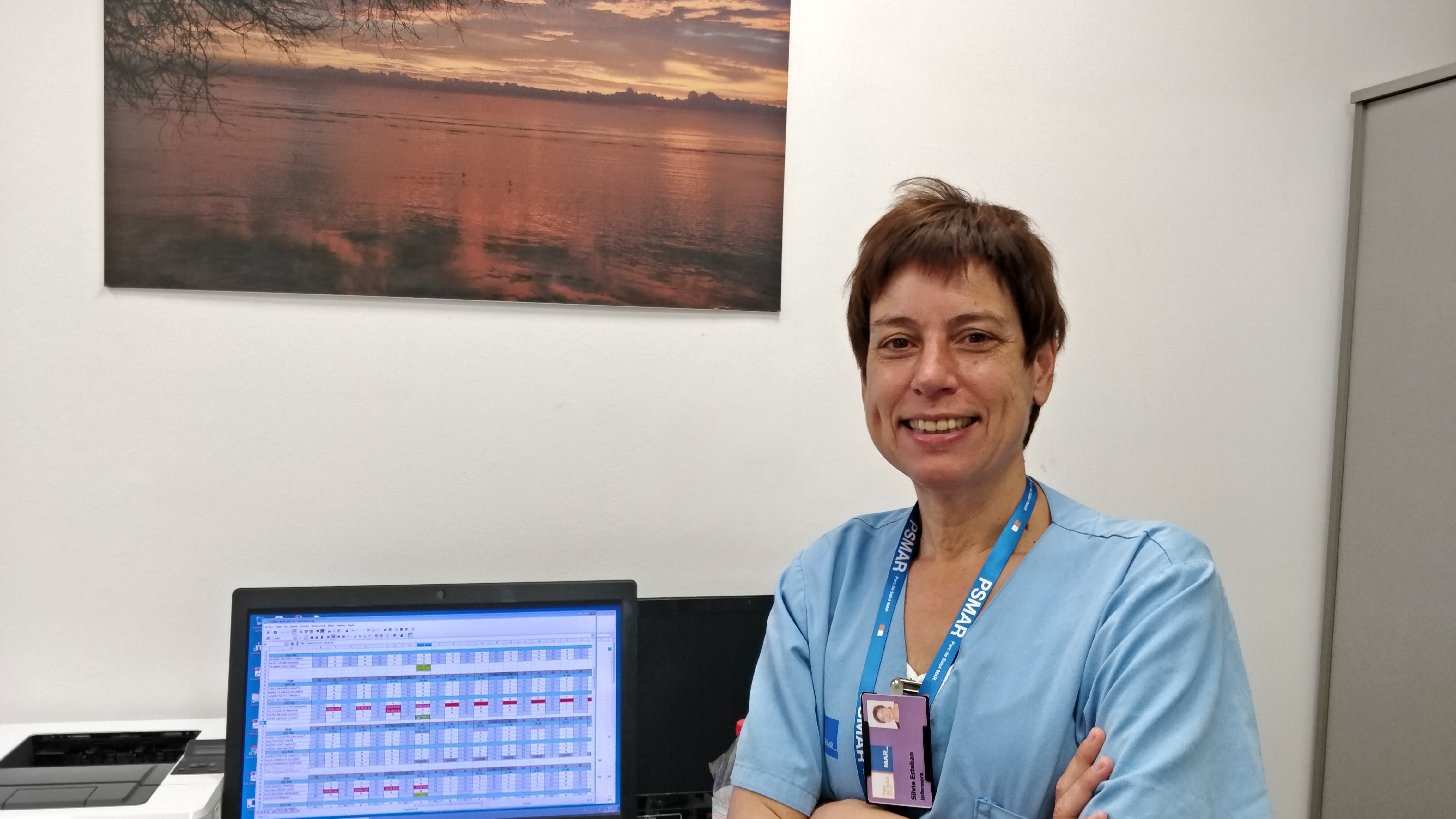
And nurses are doing the unthinkable. In Spain, nurse Silvia Esteban Sepulveda tells us that because critical COVID patients are isolated, the last human touch they may feel is that of a nurse’s hand. “We have had to video-call family
members late in the night, so they can say goodbye to their dying relative.”
Where would we be without our nurses and midwives during this pandemic?
And yet, just about everyone we talked with was worried about the need for more personal protective equipment, more medical masks, visors and gowns. Health workers are getting sick. More than 3 000 health workers have been infected with COVID-19.
Some have died. Among the dead is Liu Fan, a deputy chief nurse working in Wuhan, China. The virus also claimed the lives of her parents and brother.
That is a human tragedy. There’s also a practical reality. When health workers are exposed or become sick, they have to go home and stay there for at least two weeks. Hospitals scramble to find replacements.
The truth is, there aren’t enough nurses and midwives in the world right now. A new report issued by WHO, Nursing Now and the International Council of Nurses for World Health Day 2020, reveals a global shortfall of 5.9 million nurses - with the greatest gaps found in countries in Africa, South East Asia and the WHO Eastern Mediterranean
region as well as some parts of Latin America.
One nurse told us he is managing a COVID19 quarantine ward where there are two nurses, and about 130 people. Despite his fatigue, he told us that he is proud to contribute to overcoming COVID19.
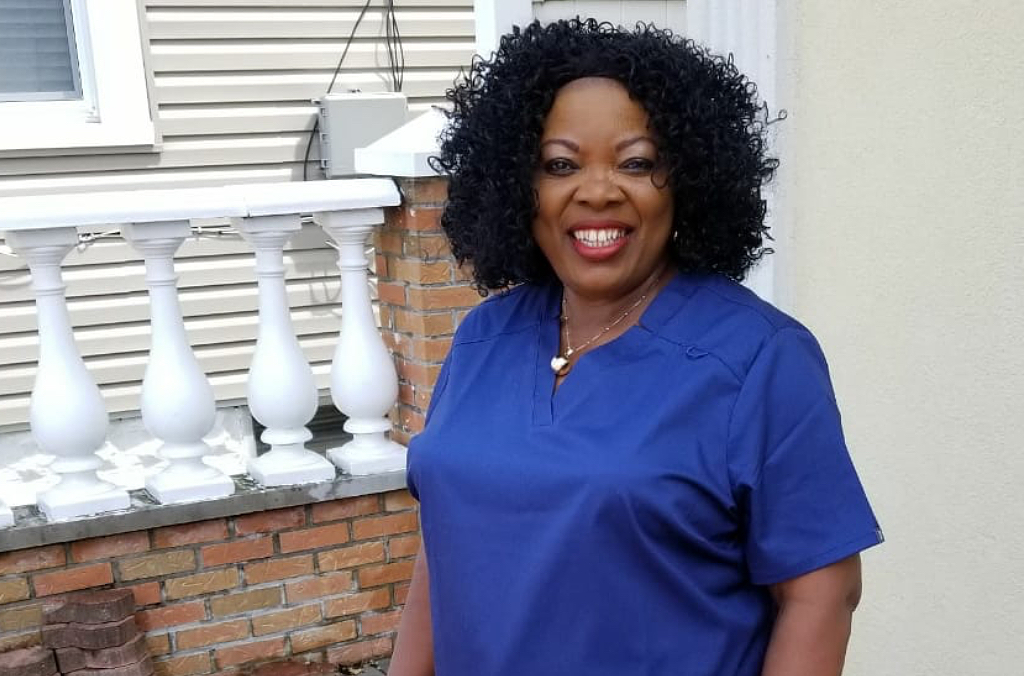
One New York-based nurse, Grace Oghiehor-Enoma, sums up the thoughts of many:
“It’s like you’re going into the battlefield. You see the fire, and you’re running into the fire, not thinking about yourself. That is the selflessness that you can see in nursing today.”
Why are nurses so committed? Grace tells us that “what is keeping me motivated is seeing the patients recover. Seeing them discharged and going back to their loved ones. That really helps.”
Photos © Courtesy of Valentina Tommasi, Ajo Jose, Harriet Nayiga, Silvia Esteban Sepulveda and Grace Oghiehor-Enoma

